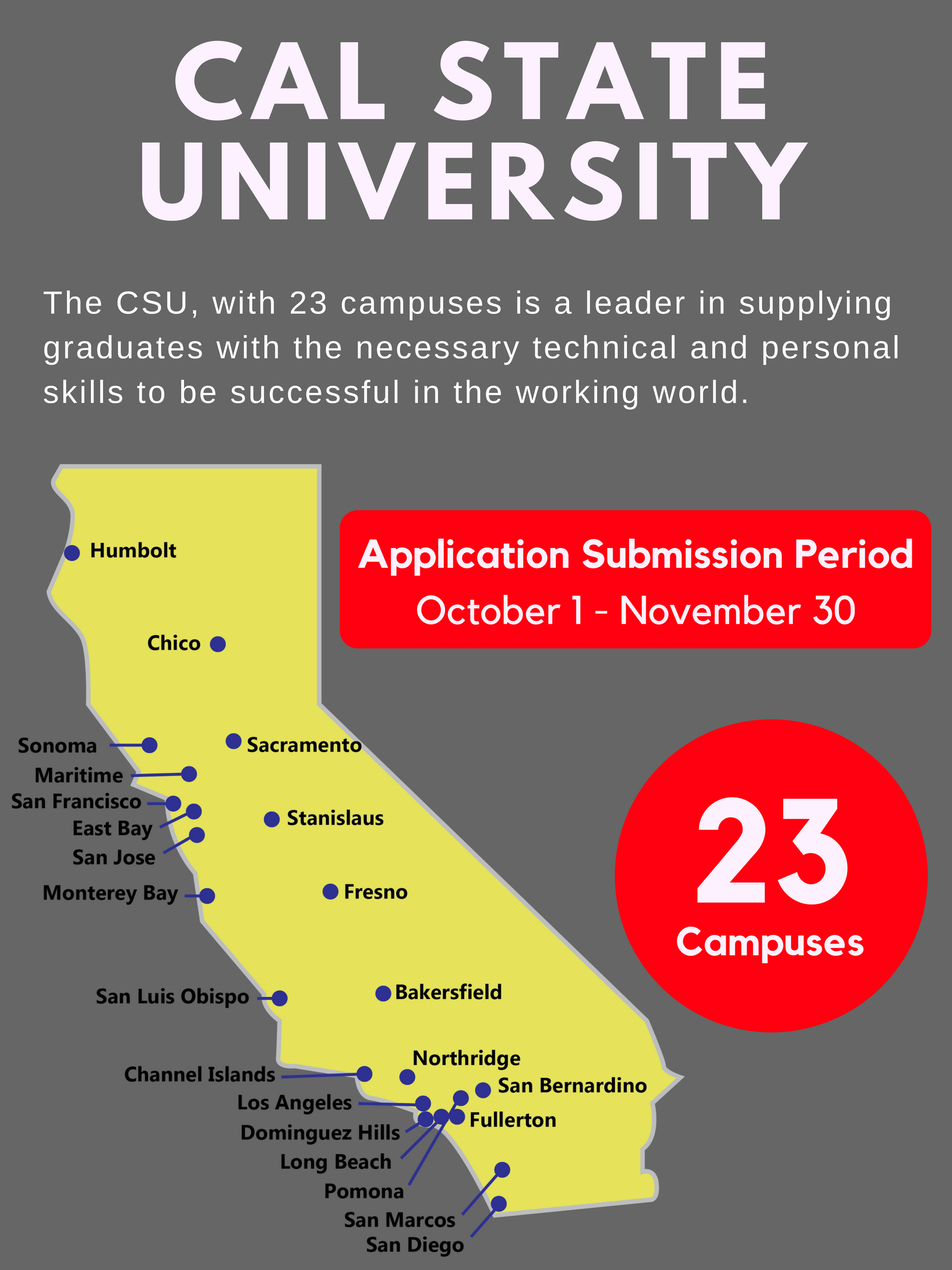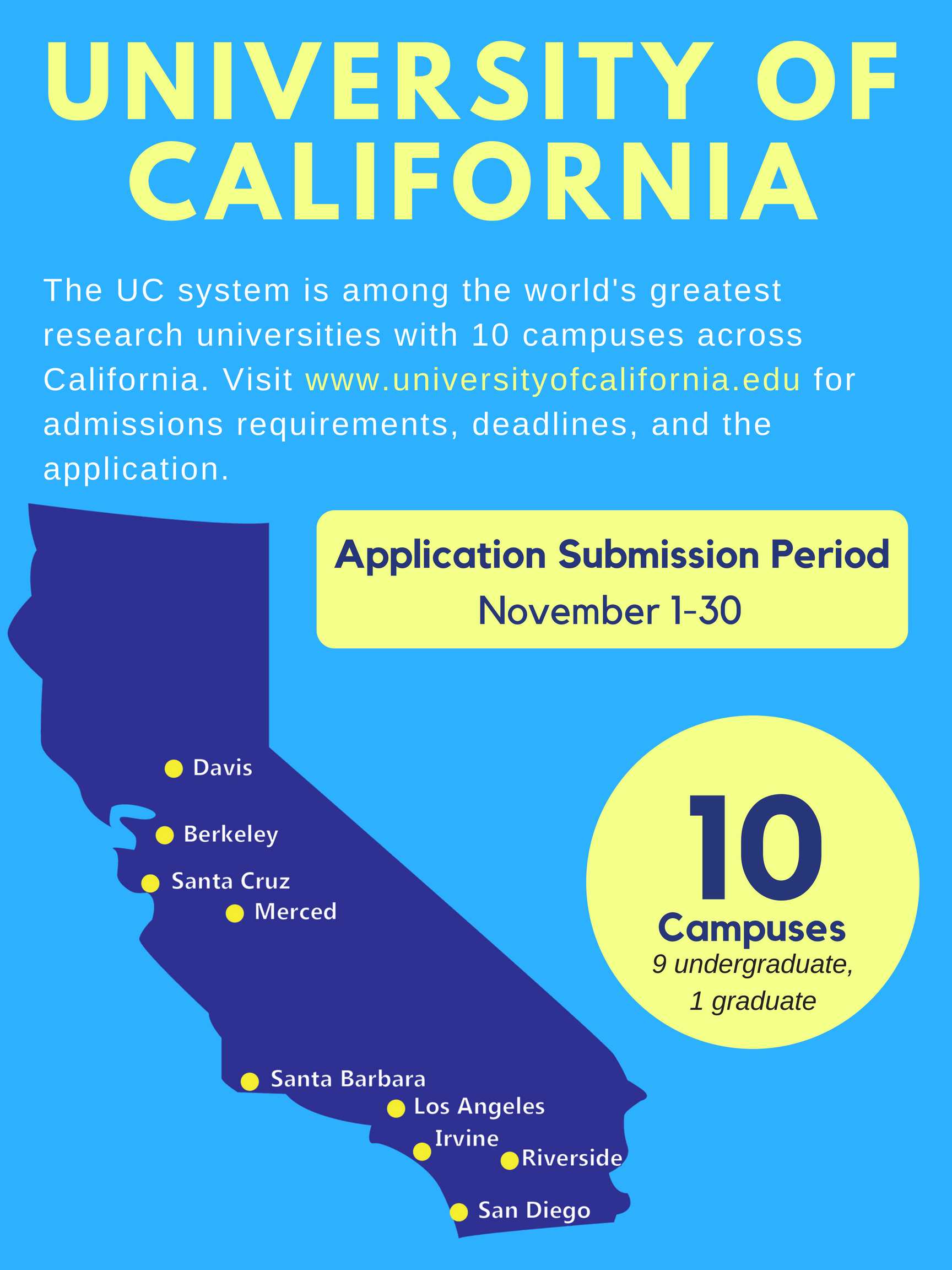Selecting the right college to meet your abilities and ambitions is one of the most important decisions you will make as a young adult. In most instances there is a wide selection of colleges available which will meet your needs. Selecting the college that is right for you can be an overwhelming task unless you study the differences between colleges and establish your personal priorities in regards to your college experience.
Factors to Consider when selecting colleges
- SIZE – Size of colleges range from very small (500 students) to very large (>35,000 students)
- LOCATION – Some students prefer to attend college close to home while others want to experience a new environment and would be able to adjust and function as well or better farther away.
- TYPE– Colleges are either privately or publicly funded. Private colleges may or may not be religiously affiliated which may add certain expectations for students who attend that college.
- COST – This includes tuition, fees, room and board, and travel expenses. Tuition at state-supported schools is substantially lower than that of private schools. Students who wish to attend out-of-state public schools pay out-of-state tuition fees, which in most cases equate with tuition at a private institution. However, private institutions often provide significantly more financial aid.
- ADMISSION REQUIREMENTS – Entrance requirements vary by campus, so it's important to understand what each school expects. Make sure you know how many units of college preparatory courses are required, whether you'll need personal essays, recommendations, or interviews. In addition to the application, some colleges (not UC or CSU) may still ask for ACT or SAT scores. These test scores can also be important for certain scholarship applications, so keep that in mind.
- CURRICULUM AND DEGREES OFFERED – A sizable consideration for choosing a college should be the availability of adequate programs in the area you intend to study, as well as the requirements for achieving a degree in your major at that particular college.
- HONORS – Distinctive academic programs may be available to students who meet requirements.
- FACILITIES – Some students are interested in the quality of the facilities, including classrooms, laboratories, libraries, residence halls, etc.
- FINANCIAL AID – Along with federal and state aid, many colleges offer institutional financial aid to bridge the gap between the cost of education and the expected contribution of the family. Some private colleges even offer financial aid that places the cost in line with that of public colleges.
- EXTRACURRICULAR ACTIVITIES – The college should offer a variety of activities which are of interest to you, e.g., student government, social organizations, athletic or intramural activities, etc.
- FAMILY TRADITION– Your family may have strong ties to a particular college.
CAL STATE
The minimum requirements for admission as a freshman are:
- Completing specific high school A-G approved courses, with a "C" or better
*Note: Meeting the minimum eligibility requirement does not guarantee admission. Some programs/campuses may establish a higher index which is not published prior to applying.
Cal State University Quick Links
UC
Students must have a GPA of 3.0 or above in all UC approved coursework. You can easily calculate your eligibility for UC by using the interactive eligibility calculator available online at admission.universityofcalifornia.edu/freshman. Most UC campuses receive more applicants than they have room for, so they use a comprehensive review process to determine admission.
*Note: Although SAT Subject Tests are no longer required for admission, scores can still be submitted, and are sometimes recommended by certain campuses or programs.
University Of California Quicklinks
| UC Berkeley | UCLA | UC San Diego |
| UC Davis | UC Merced | UC Santa Barbara |
| UC Irvine | UC Riverside | UC Santa Cruz |
| UC San Francisco (Graduate School Only) | ||
PRIVATE/ OUT-OF-STATE
PRIVATE COLLEGES & UNIVERSITIES
There are hundreds of private colleges and universities from which to choose. There are 63 independent undergraduate colleges and universities in California alone. Private colleges and universities are quite diverse in nature, including research universities, small liberal arts colleges, faith-based colleges and universities, and specialized colleges.
The cost is higher than public colleges and universities. However, these institutions have a variety of financial aid programs that often make the cost comparable to a public institution. Your ability to graduate in 4 years at a private institution may be greater than at a public institution due to more courses being available to you as a student there.
Some independent institutions, such as USC, Stanford, and California Institute of Technology, are highly selective. Other universities are less selective in nature. Visit their websites for specific admission information. Transfer to a private college is possible after your freshman year at a community college or other institution.
Many schools take applications through the Common Application or Coalition Application. Others have their own independent applications.
*There are also numerous out-of-state public colleges and universities that are great options as well.
Did you know...
Through the Western Undergraduate Exchange (WUE) program, you may be eligible to enroll in more than 150 participating two- and four-year public institutions at 150 percent of the enrolling institution's resident tuition?



